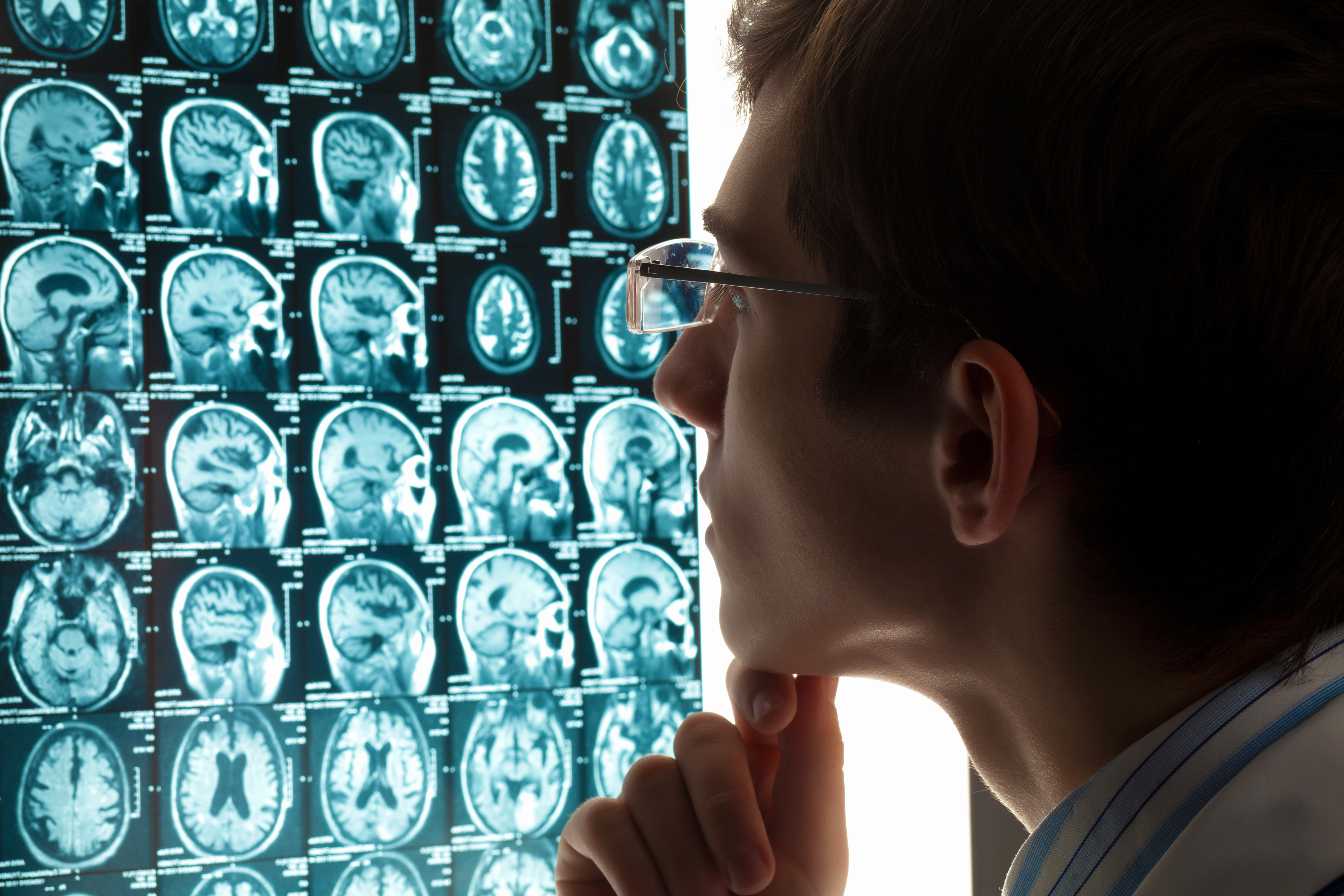
Similarities of TBI and PTSD
While the moderate and severe forms of TBI are associated with blunt or penetrating head trauma and loss of consciousness, PTSD (an anxiety disorder) is associated with exposure to a terrifying, life-threatening danger that need not involve either head trauma or loss of consciousness. Yet the consequences of TBI and PTSD are remarkably





